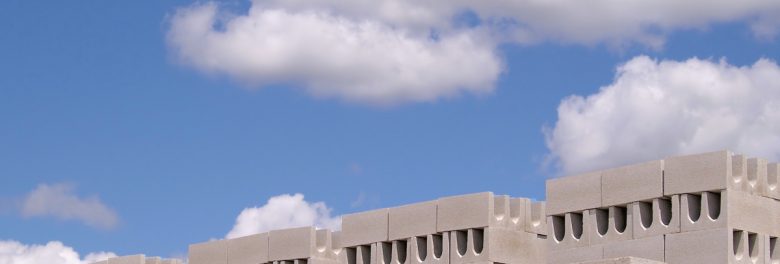
St William’s proposed Bath Gasworks development has been unanimously granted planning consent. Providing 611 homes, sustainability is at the heart of the proposals. Our approach pursued a comprehensive strategy which addresses lifecycle carbon and overheating risk.
Our work navigated a number of challenges, including:
- New and challenging planning policy – Bath Gasworks was one of the first large developments to be considered under the BANES Local Plan Partial Update (LPPU), which included challenging targets for embodied carbon, space heating demand, total energy use, and renewable generation. Given the infancy and complexity of these policies, we felt it was essential to involve BANES and their sustainability advisors in an initial scoping exercise to clarify their expectations for the project;
- Passive house energy modelling – the LPPU required that performance was assessed using passive house modelling software (PHPP). Our qualified in-house Passive House consultants constructed a live PHPP model to test various specification permutations;
- Strength of embodied carbon policy – the LPPU required embodied carbon to be <900kg CO²/m². Whilst comparable to the GLA, the difference is that this was a requirement rather than just a benchmark;
- Overheating risk to noise-affected facades – passive measures were explored and adopted to minimise overheating risk across the site, however on facades adjacent to the A3604 residents cannot rely on nighttime natural ventilation due to acoustic constraints. Cooling via the MVHR system was therefore proposed in these higher-risk locations.
Posted on July 31st, 2024
Author: Jonathan Thomas-Peck
Related services: Overheating Assessment, Passivhaus, Planning Policy & Zero Carbon,